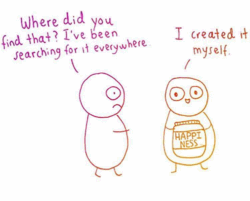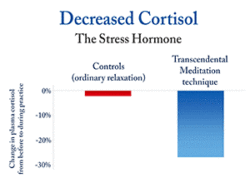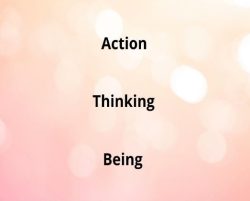May 2025
Dear Friend,
With the arrival of May, we joyfully plant our gardens, marking our emergence from the chill of Winter. Mothers and all maternal love will be celebrated on May 11th. And May is widely recognized as Mental Health Awareness Month, a time dedicated to focusing on the importance of mental health and well-being.
- Last month’s blog written by women for women
- Articles
- Perspectives on motherhood across religions
- Spring Handbook: the gardener’s guide to effective meditation
- There’s no health without mental health; launching a new initiative
- Q&A: How does TM’s effect on the brain support mental health?
- What women say: reflections of a health coach

Have you had a few minutes to read the articles posted on our blog in April? If you haven’t, the links are below. You can also visit our blog homepage at any time to use our search feature for topics as diverse as Children and Mental Health: What to do Now from 2022 and For Women Who Play Pickleball from 2024.
Broken Heart Syndrome: How Heartbreak (and Loneliness, Depression and Anxiety) Affects Your Health

“Broken heart syndrome is the dilation and stunning of the heart, appearing as a heart-attack, solely by the surge of stress hormones in the body. It occurs due to stressful situations, and the heart looks as though it has suffered a heart attack. The condition often resolves but in the initial stages of development, could be dangerous. The mechanism is stress, and the key to prevention is diminishing stress. TM could help to prevent the excessive release of stress hormones that lead to this frightening condition.”
Unlocking Wellness: Help for Mental Health
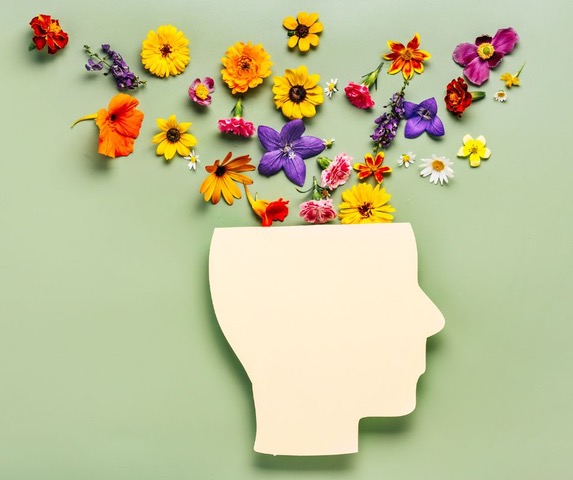
Even before the strain on mental health caused by the Covid-19 pandemic, a significant number of American women were already prioritizing self-care and well-being.
The mental health crisis is a complex and multifaceted issue that has been escalating in recent years. Statistics reveal that anxiety, depression, and insomnia remain rising concerns, especially among younger women.

How Various Religions View the Role of Mother

Many religions revere the nature of motherhood. In some religions, mothers are worshipped as goddesses.
For example, the wife of the Prophet Muhammad–the first convert to Islam–is called “the Mother of Believers.” In Christianity, adherents are devoted to Mary, the mother of Jesus. In Judaism, Shekinah is considered the feminine aspect of the divine.
With different names used in various Asian nations, Guan Yin, or Kannon, or Quan Am is revered as the goddess of compassion, mercy, and fertility in several different Eastern traditions. In Hinduism, with its 1.2 billion adherents, the goddess Kali is depicted as terrifying, but her role is to protect all of creation with her fiercely loving motherly power.
In many Native American religious traditions, the Earth is revered as the Mother, a source of sustenance and life. Mothers are also seen as powerful and sacred, connecting all beings to the sacredness of life.
Inherent women’s traits such as nurturing, loving, and compassion are honored qualities in religions around the world. Often the role of mother and the divine feminine are embraced as central to their belief systems.
Mothers are hard-wired to birth, nurture, protect, and teach. They give knowledge and guidance wrapped in the package of love. Whether a woman is mother to children, a classroom of students, an organization, a community, a nation, or the entire world–her role and responsibility remain the same.
However, no matter what her religion, stress and fatigue can cloud a woman’s mind and block her ability to access her subtlest, softest, expansive feelings. The Transcendental Meditation technique awakens more subtle, powerful levels of the mind and reduces stress that blocks fullness of heart. Daily TM practice replenishes the quality, grace and power of motherhood, reflecting and fulfilling the role of mother within every religion.
The Gardener’s Guide to Effective Meditation

As any serious gardener can tell you, there are a lot of parallels between the principles of gardening and life in general. By getting your hands in that soil and cultivating and watching your garden grow, you recognize real life lessons: plan—but embrace the unexpected; nourish living things; be patient, watch, and allow each plant to be itself; work with nature; and weed out what doesn’t support growth.
Similarly, as sometime-gardeners and as women who have been practicing the Transcendental Meditation technique for decades, we recognized that these and other principles of gardening apply to effective meditation.
Outer depends on inner
Nutrition, fertilizer, and watering strengthen the inner plant, and enhance the soil, resulting in strong, radiant colors, fragrance, and exuberant growth.
Being is the foundation for all thought and action. The more inner Being is developed, the more powerful are thoughts and actions.
So developing consciousness—the reservoir of intelligence, energy and creativity—leads to a greater expression of those qualities in daily life. Maharishi, the founder of the TM technique, says, “Attend to your own inner health and happiness. Happiness radiates like the fragrance from a flower and draws all good things towards you.”
Read more about gardening and life principles in this September 2024 blog post.
There’s No Health Without Mental Health
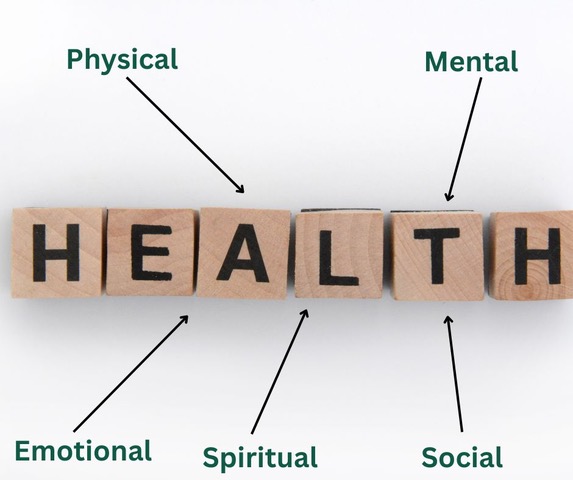
Dr. Brock Chisholm, who was a psychiatrist and the first Director-General of the World Health Organization, introduced the idea that mental and physical health were intimately connected.
Health is holistic, meaning its various components are interconnected and interdependent.
The state of being healthy mentally encompasses emotional, social and psychological fitness. Overall health is significantly impacted by—and even dependent on—mental health, so mental health is a crucial part of a person’s overall well-being.
Mental health conditions can significantly impact physical health and reciprocally, physical health impacts mental health. Unstable mental health can lead to physical symptoms and increase the risk of chronic diseases. For example, chronic stress can elevate blood pressure and heart disease, while depression and anxiety may contribute to diabetes, heart disease, stroke and cancer. Chronic mental health conditions can lead to persistent fatigue, impacting quality of life and physical well being. Emotional and psycho-social stress are known to contribute to the onset or progression of breast cancer and cancer mortality.
More than just the absence of stress, anxiety or depression, mental health is an inner state of happiness and contentment that is not dependent on external circumstances—this state is enlivened during the practice of the Transcendental Meditation technique.
During TM, the mind and body shift into a balanced style of functioning that is the opposite of mental and physical distress. Biochemicals in the bloodstream associated with tension and anxiety—such as cortisol and plasma lactate—significantly decrease. Evidence suggests that stress hormones may stimulate a tumor’s growth and spread, while Transcendental Meditation has been found to reduce stress hormones (American Psychologist, 1987), and therefore may help to prevent cancer.
A meta-analysis of 51 psychological studies of different meditation techniques consisting of more than 9,700 research subjects and 400 outcome findings showed a significantly larger effect size from the Transcendental Meditation program compared to other forms of meditation on psychological measures.
The Transcendental Meditation technique has been verified by more than 435 published studies to improve mental, physical, emotional, and spiritual health in a simultaneous integrated response.
_____________________________________
A current mental health outreach: We are raising funds for a program in the Washington D.C. and Virginia area to teach TM to survivors of domestic or gender based violence or sexual assault. Participants in a similar project in NYC who learned TM showed average reductions of: 33% in anxiety, 39% in anger, 40% in depression, and 30% in stress; they experienced increases of 18% in self-esteem and 65% in sleep quality.
Please donate what you can and share this GoFundMe link with others.

Q: How does the TM technique’s effect on the brain support mental health?
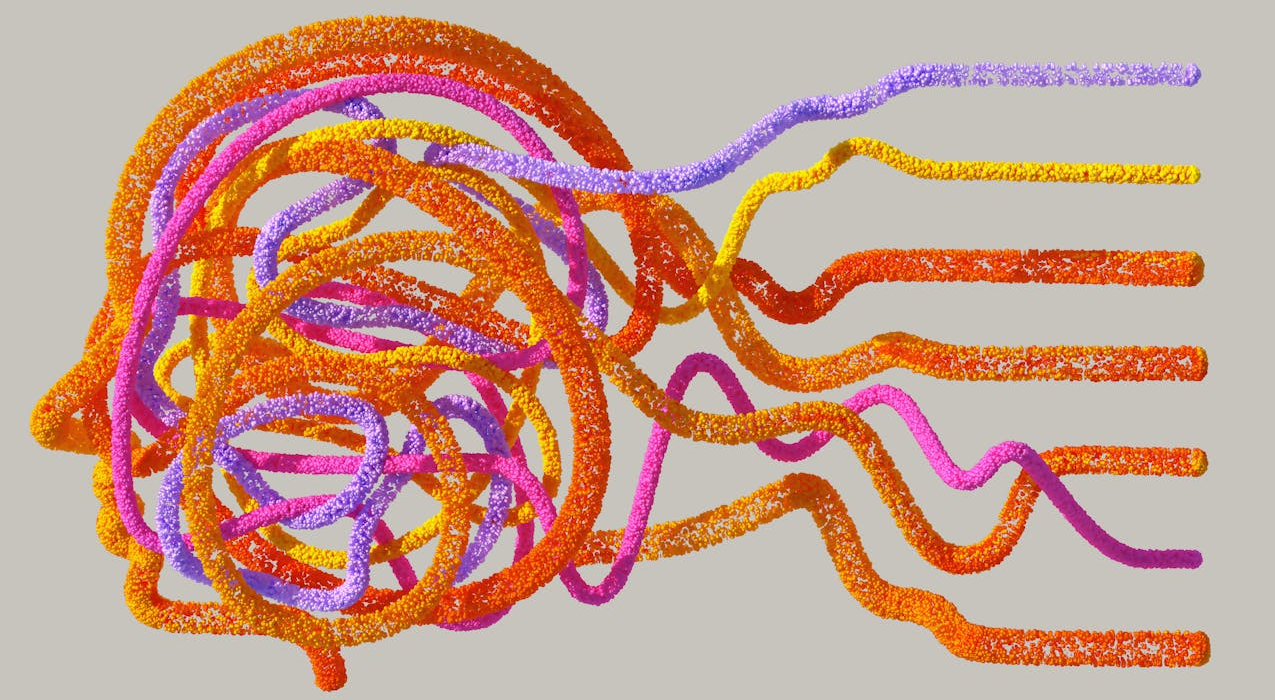
Neuroscientists have found that during TM practice, the brain produces high-power alpha waves. This distinct brain pattern corresponds to the state of relaxed inner wakefulness—serenity, expansion and bliss.
Research indicates that TM promotes brainwave coherence, meaning different parts of the brain are communicating more effectively with each other. This is the basis of improved mental performance—better memory, increased creativity, broader comprehension and sharper focus.
No other meditation technique has been found to consistently produce alpha coherence throughout the brain. Researchers have found that the experience of “transcending” restores neurological balance, inner silence, and clarity of mind. (ref: Cognitive Processing, 2010)
Studies suggest that TM can also enhance neuroplasticity the brain’s ability to adapt and change, which can lead to improved cognition and emotional regulation.
Published research also shows that disorders such as ADHD, Alzheimer’s, depression, and chronic anxiety are improved with the practice of the TM technique. Reduction of stress and improved brain performance resulting from the TM practice are key to realizing and maintaining mental health.


“I’d already dealt with my physical health, but for my mental and spiritual health, TM is that last missing piece of the puzzle.”
— Alexis Parnell, Certified Health Coach
Editor’s note: We’d love to hear your comments on the benefits you’ve received from the TM practice. And, with your permission, we’ll publish them here for other women to enjoy. Send your comment to info@tm-women.org







